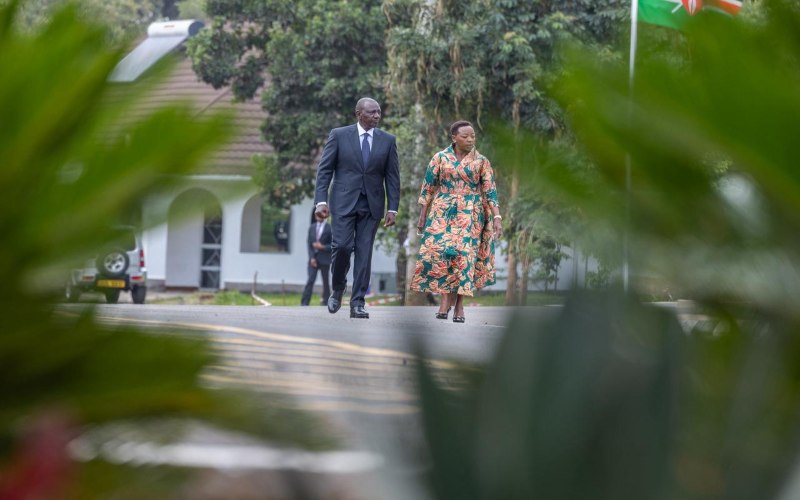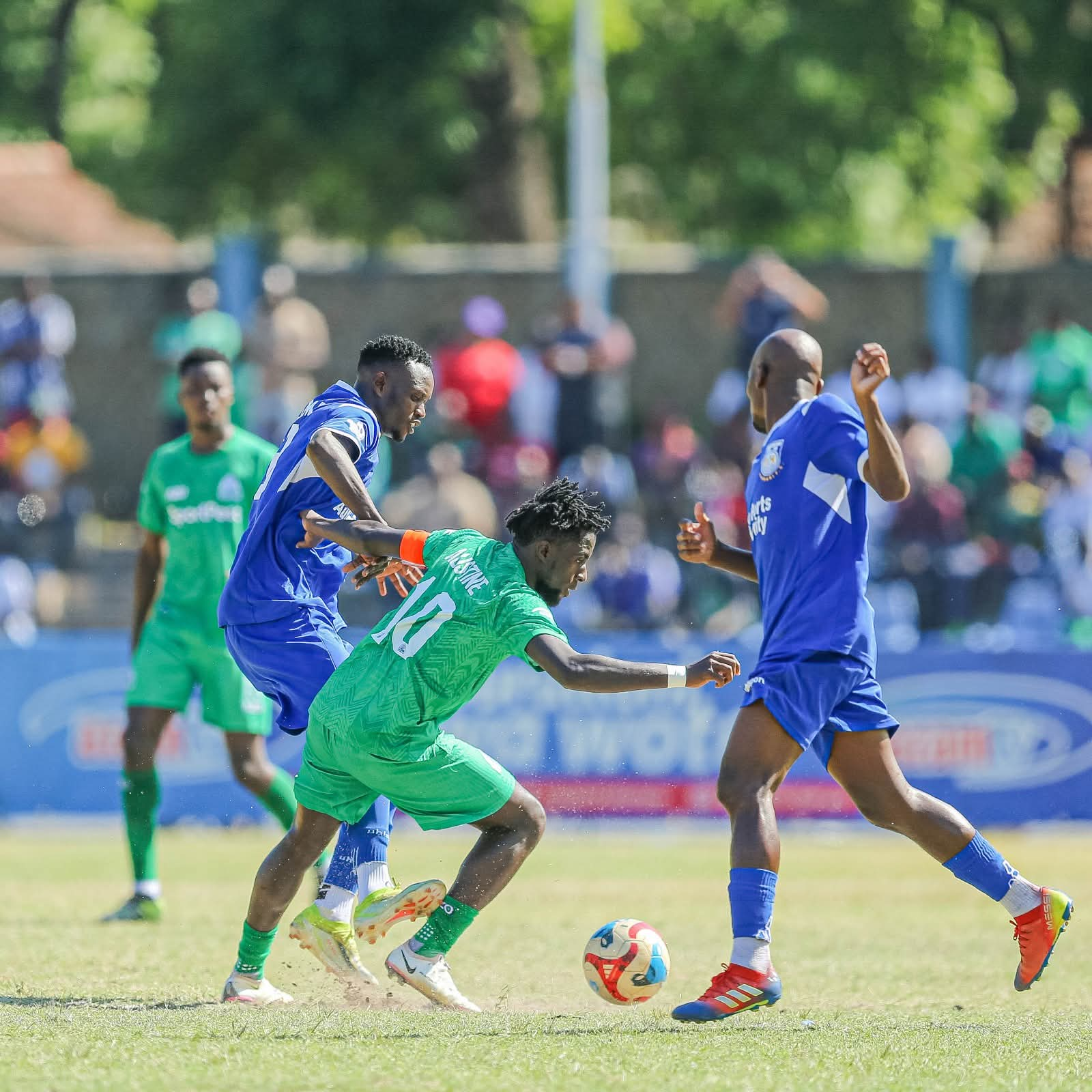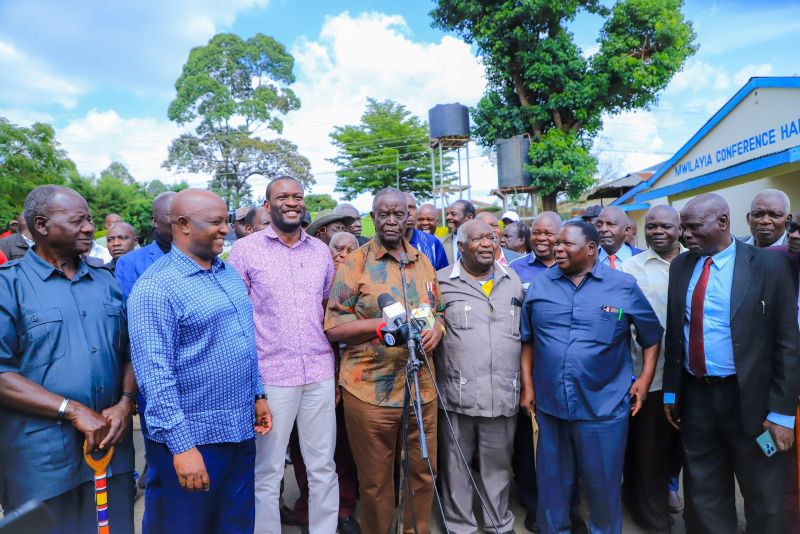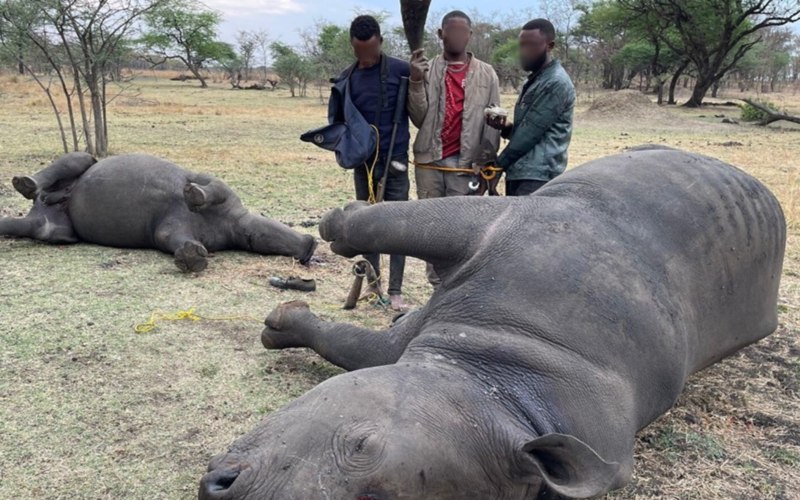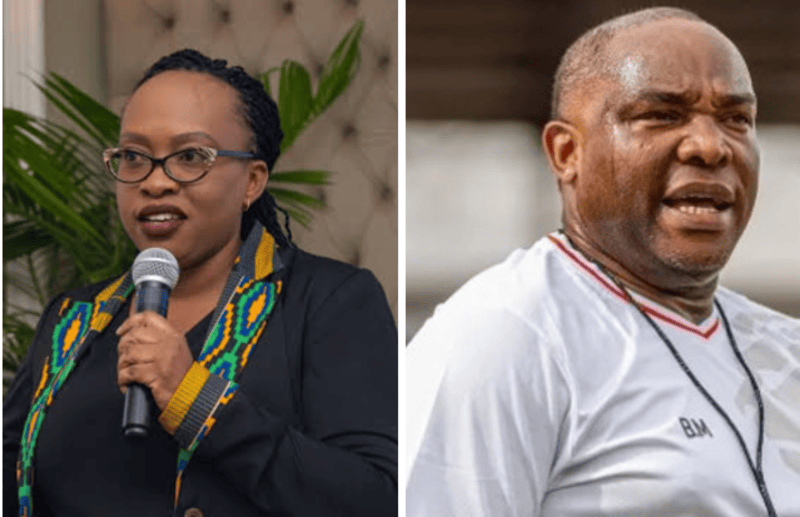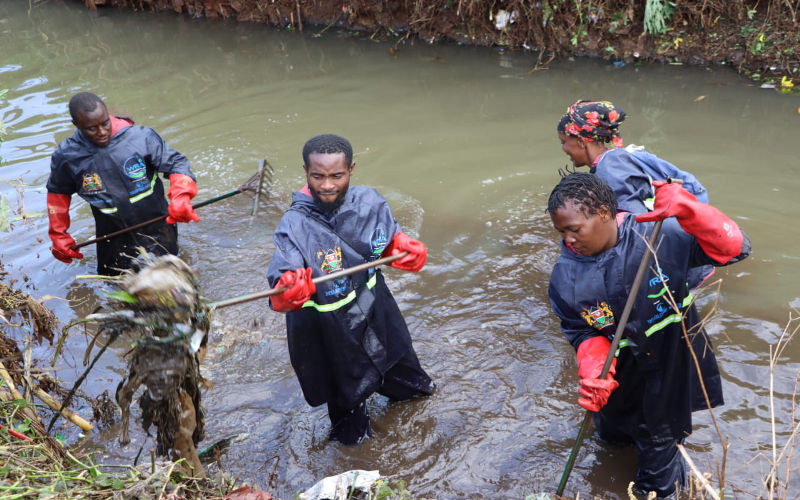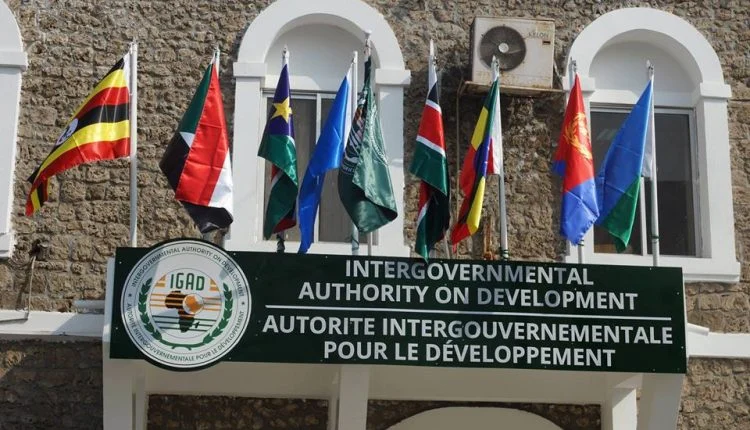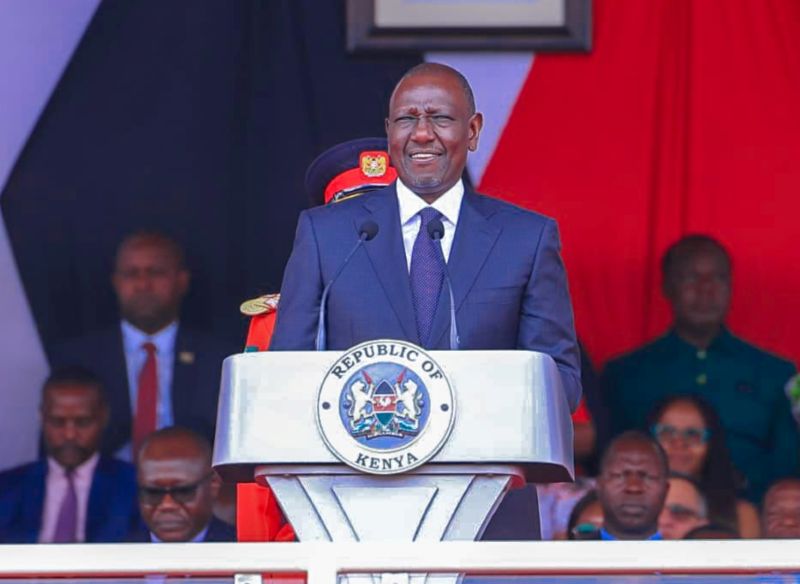Kenya yet to honour request by UN Group probing enforced disappearances
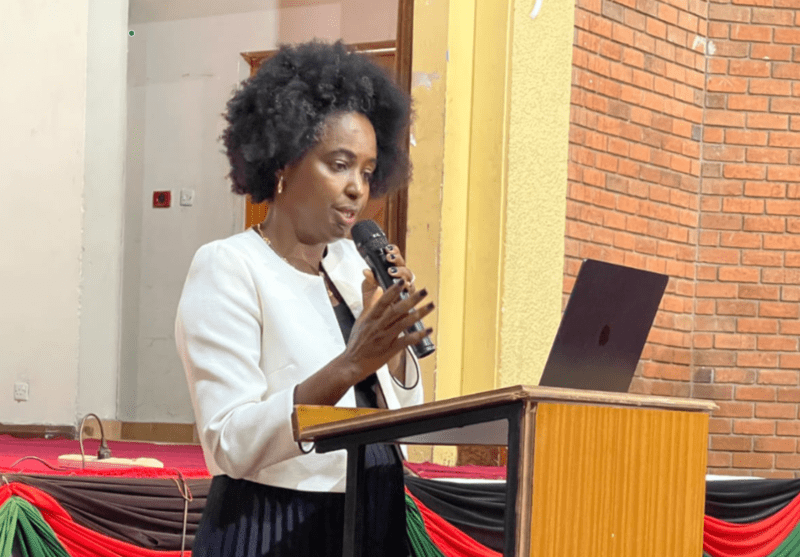
According to Chairperson Ms Aua Baldè, the Group made a request in July 2020 but though the government did not deny the request outright, they are yet to set a date, to date raising questions over their commitment to honouring the request.
The United Nations Working Group on Enforced or Involuntary Disappearances has revealed that the government of Kenya is yet to honour an official request by the group to visit Kenya.
The group sought to discuss the status of Enforced Disappearances (EDs) in the country.
More To Read
- Blogger Ndiangui tells court DCI yet to return his laptops, phones and passport
- Families seek help from KNCHR to trace Kenyan activists abducted in Uganda
- Woman files petition to revive torture charges against two senior police officers
- Family seeks court intervention in disappearance of security expert Mwenda Mbijiwe
- IPOA launches ambitious strategic plan to transform policing in Kenya
- Activist Ndiangui Kinyagia explains disappearance, requests case closure
According to Chairperson Ms Aua Baldè, the Group made a request in July 2020 but though the government did not deny the request outright, they are yet to set a date, to date raising questions over their commitment to honouring the request.
This delay, coupled with the fact that Kenya is yet to ratify the International Convention for the Protection of All Persons from Enforced Disappearances (ICCPED) which the country signed in 2007, also raises questions on the goodwill of the previous and subsequent governments to address increasing cases of enforced disappearances in the country.
This is especially so, with cases of ED rising especially this year with the onset of countrywide anti-government protests.
"Since July 2020, the UN Working Group requested a visit and the government agreed but it's yet to give a date for that to happen," said Baldè who is in the country on an academic visit.
The group carries out official field visits at the invitations of the governments.
"During such visits, we share our technical expertise with the government and other relevant actors, including assisting the governments in the criminalisation of enforced disappearances or ratification of the treaty and tools to carry out effective search and investigations," she explained.
A lack of an official visit however does not mean that the group has not received cases of ED reported to it by Kenya, though minimal compared to the rate at which the vice is allegedly happening especially in the wake of the recent anti-government protests.
Prosecution of cases
To file a case at the working group, victims are required to fill a form with required details and share it back as guided.
"You do not have to have standard evidence of the case as required by a court. The details of the person and the consent of the family are enough," she explained.
Since the Group was established, it has transmitted over 59,000 cases to more than 100 countries while 46,000 cases remain unresolved.
"Out of all these cases, we only have 10 per cent of cases from Africa. The low number is likely due to several reasons, including low understanding of the crime, not understanding where to report and fear of reprisals. Many victims are afraid of reporting since they fear they can become victims," she noted.
The group encourages victims to report cases immediately after they happen within a period of three months in what is referred to as an urgent appeal.
This however does not seclude older cases as they too are investigated.
"We do require to have a consent form from the victims or families. Once we receive such cases, we transmit the request to the respective governments asking them to clarify the faith of the disappeared. We also provide a platform for the victims to tell us about their violations," she further explained.
Kenya is also yet to create national laws that criminalise enforced disappearances.
Top Stories Today









